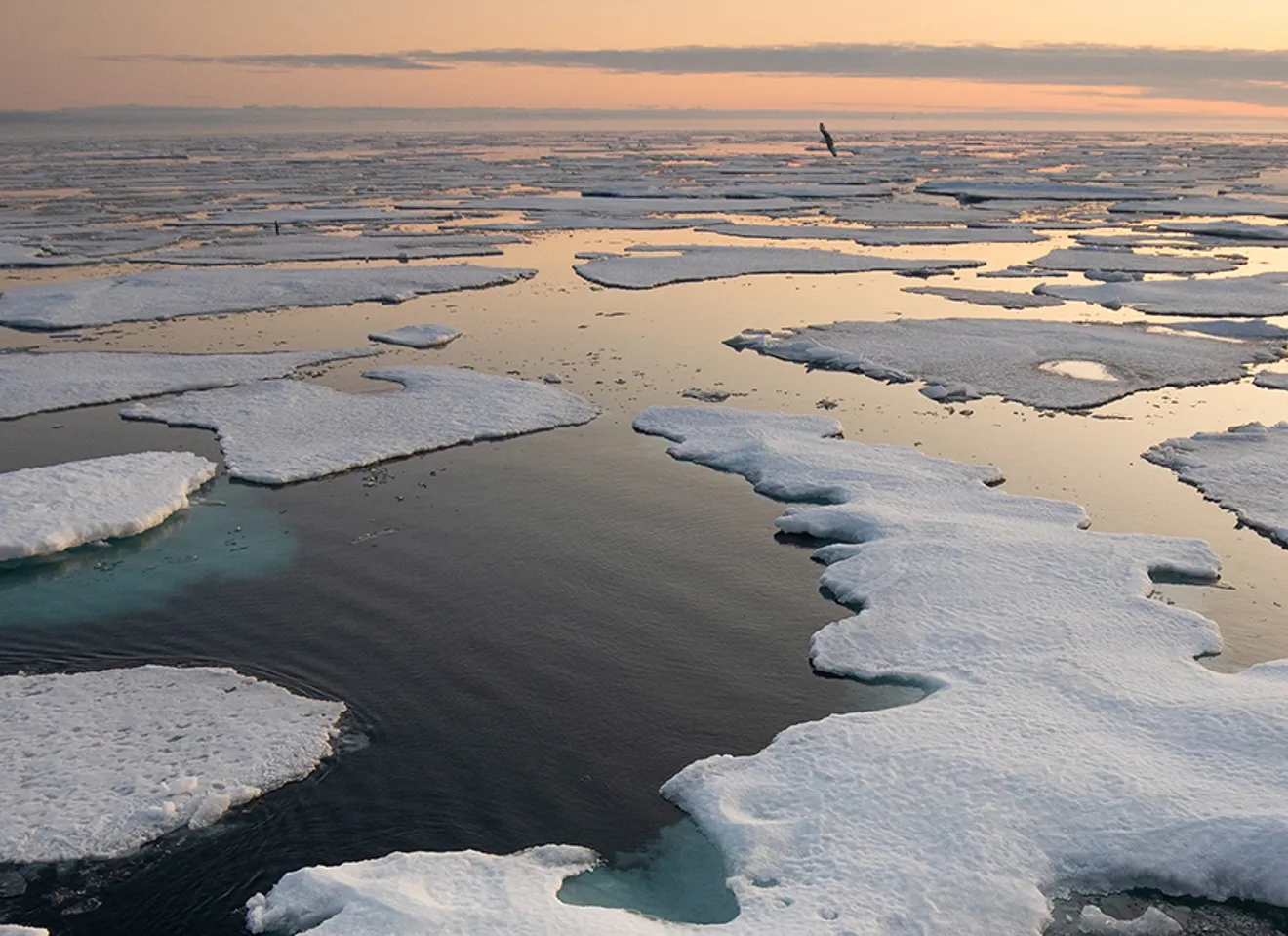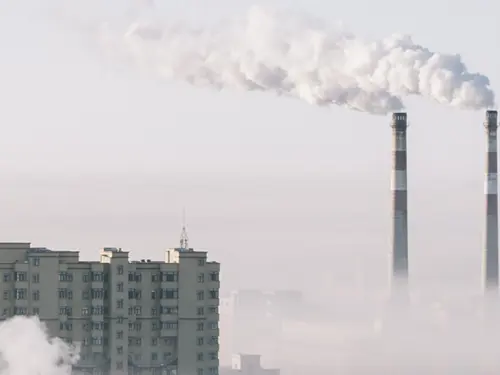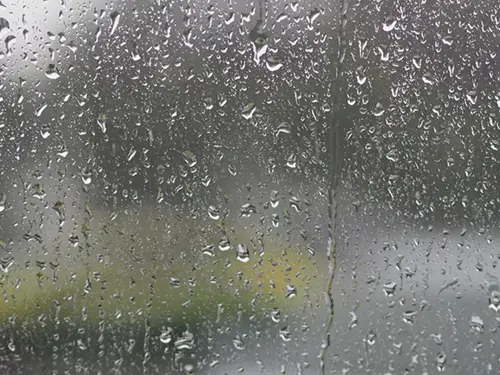
Tema: Helse og biovitenskap
A Critical Look at Baseline Climate Scenarios
The worst case scenario RCP 8,5 may serve to explore potential catastrophic outcomes, but it is no longer a functional reference on which to base further climate policies. The task for policy makers now, is to accelerate the transition towards a zero-carbon future, says Glen Peters, research director at CICERO. Join us in this lecture with him this evening.
Let us compare with COVID-19 scenarios; Almost a year ago, models were projecting millions of deaths from COVID-19, prompting a response from governments to enforce social distancing and behavioural changes. The worst-case scenario was avoided, but the societal impacts have still been unprecedented.
Vil du bli varslet om nye webinarer av denne typen? Bli med Fagnettverket Tekna Klima
The same applies for climate scenarios. Climate scientists have often used a worst-case scenario, known in jargon as RCP8.5, to project the impacts of climate change. The underlying emission scenario is also a worst case, only achievable with aggressive coal use. Scientifically, RCP8.5 is attractive, allowing the signal to rise above the noise. But the chances of following a RCP8.5 pathway, either through extreme coal use or worst-case feedbacks, are low.
The world is now on another pathway: coal use may have peaked, renewables are growing strongly, and the world is increasingly in the mood for climate policies. The worst case may have been avoided, but the current pathway still leads to unprecedented climate impacts. It is however this current pathway on which future climate policies are implemented. The worst case may serve to explore potential catastrophic outcomes, but it is no longer a functional reference on which to base further climate policies. The task for policy makers now, is to accelerate the transition towards a zero-carbon future.

Glen Peters
Research Director at CICERO
Peters is a Research Director at CICERO, where he has worked for over ten years and managed several large interdisciplinary research projects. He is a worldwide authority on emission drivers and scenarios, with many highly cited scientific articles. Dr Peters has played an important role in the Global Carbon Budget in the last ten years, coordinating data and performing analysis on emission trends and drivers, emission scenarios, and writing several synthesis articles. He is a Lead Author for the IPCC Sixth Assessment Report on emission scenarios.
Tekna Klima
Tekna Klima er et nettverk som jobber for å skape tverrfaglige møteplasser, formidle forskning og gi et faglig tilbud til medlemmer som engasjerer seg i klimaendringer. I tilpasningen til klimaendringene er det viktig å bruke vitenskapelig og teknologisk innsikt fra mange fagområder og bransjer, som kan dra nytte av hverandre gjennom felles møteplasser, utveksling av kunnskap og nettverksbygging. Nettverket er kun for Tekna-medlemmer, og det er helt gratis og uforpliktende å delta. Bli med i nettverket



